Adrienne Youdim MD, FACP an American Board of Obesity Medicine (ABOM) Diplomate, answers questions regarding the importance of an obesity medicine physician.
What unique skill set can the obesity medicine physician bring to the bariatric surgical setting?
The obesity medicine physician (OMP) is a physician that specializes in the treatment and management of the obese patient. This includes diagnostic considerations, specific nutritional concerns, use of anti-obesity pharmacotherapy and the pre and post surgical management of the bariatric surgery patient. Incorporating an OMP in the bariatric setting allows for optimization of co-morbidity, treatment of nutritional deficiencies pre- and post op, management of post-operative weight gain and can provide a bridge to surgery either in medical failures or for revisional surgery in situations of weight regain post -op.
What impact can the obesity medicine physician have on patient outcomes?
There are several ways in which incorporating an OMP can impact patient outcomes in a positive way. Studies have shown that use of a multi-disciplinary team and better follow up results in higher rates of successful weight loss and better patient outcomes post op. Utilizing OMPs, for example, to provide pre-operative weight loss results in reduced surgical complications, greater overall weight loss post-op and greater likelihood to achieve successful weight loss – defined by reaching or exceeding 50% EWL.
Have you had the experience of working with a bariatric surgeon?
Yes, I was the medical director of the Center for Weight Loss at Cedars Sinai Medical Center in Los Angeles for nearly a decade where I worked closely with my surgical colleagues in the care of the bariatric surgery patient.
Are there any clinical findings or evidence based research supporting the value of obesity medicine physicians and bariatric surgeons working together?
There is certainly data demonstrating that the services that are provided by an obesity medicine physician, i.e. preoperative medical weight loss, enhance patient outcomes including reduced operative complications, reduced incidence of “prolonged hospital stay” post op and greater successful weight loss as noted above. Studies have also demonstrated that the kind of follow up provided by an OMP is associated with better patient outcomes.
What is the value of working with an ABOM Diplomate specifically?
An ABOM certification ensures that the physician is knowledgeable and certified in the treatment of the obese/bariatric surgery patient and has the skill set to address the unique considerations in this patient population.
 After nearly a decade of serving as the Medical Director of the Center of Weight Loss at Cedars-Sinai Medical Center in Los Angeles, Dr. Adrienne Youdim MD, FACP opened the Center for Weight Loss and Nutrition at the Lasky Clinic in Beverly Hills, CA.
After nearly a decade of serving as the Medical Director of the Center of Weight Loss at Cedars-Sinai Medical Center in Los Angeles, Dr. Adrienne Youdim MD, FACP opened the Center for Weight Loss and Nutrition at the Lasky Clinic in Beverly Hills, CA.
Dr. Youdim specializes in medical weight loss, medical nutritional therapy and the nutritional and metabolic support of bariatric surgery patients.
Dr. Youdim is board certified through the American Board of Internal Medicine, the National Board of Physician Nutrition Specialists and the American Board of Obesity Medicine, as well as Fellow of the American College of Physicians. She is currently Associate Professor of Medicine at UCLA David Geffen School of Medicine and Assistant Professor of Medicine at Cedars-Sinai Medical Center.
Dr. Youdim has lectured extensively at the local and national level and has authored numerous articles and chapters. Her most recent publication is a comprehensive text, Clinicians Guide to the Treatment of Obesity.

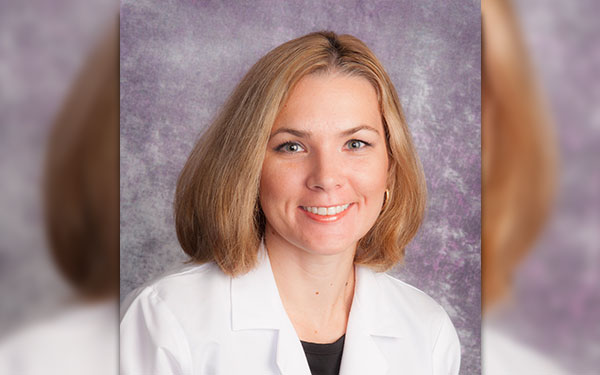
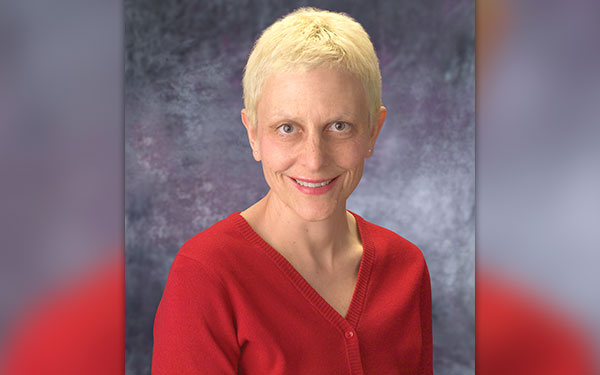
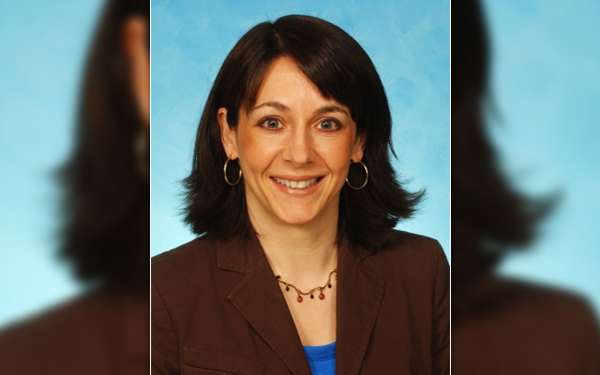
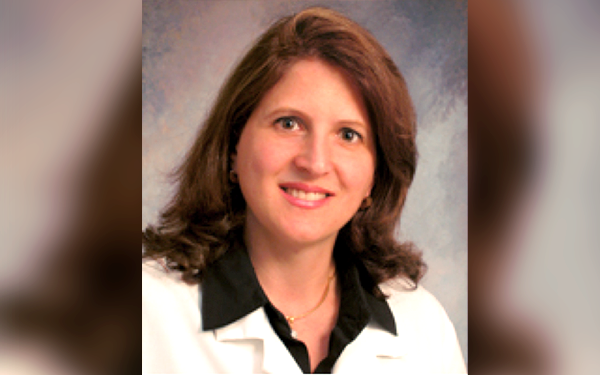
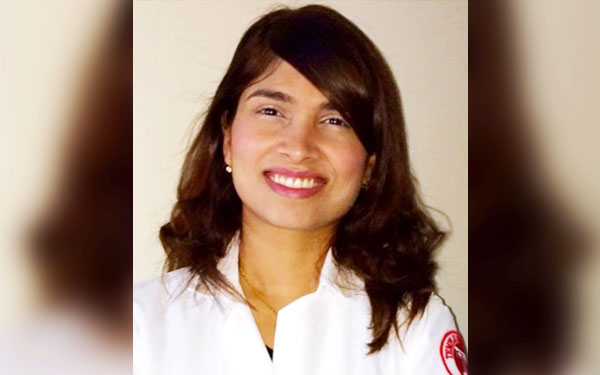
Leave A Comment
You must be logged in to post a comment.